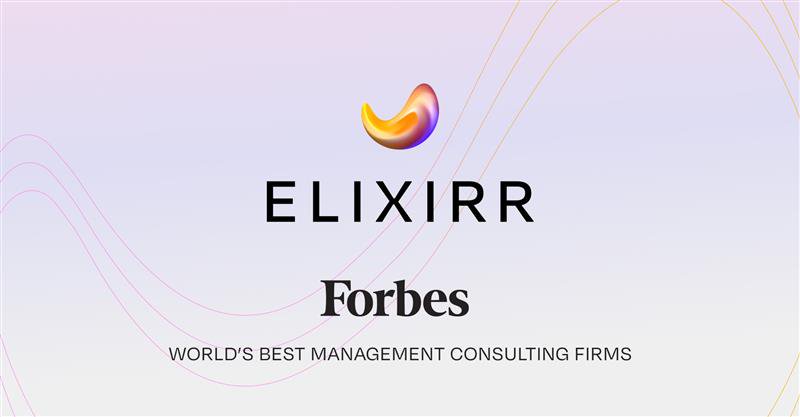Articles
Private equity in sport: Balancing profit and legacy
Private equity has arrived in sport – not as a trend, but as a transformational force. What started as curiosity has become full-blown conviction. From football and rugby to Formula…

Private equity has arrived in sport – not as a trend, but as a transformational force. What started as curiosity has become full-blown conviction. From football and rugby to Formula 1 and beyond, PE firms are bringing discipline, operational muscle and a sharp commercial lens to an industry that’s historically run more on emotion than margin. The game has changed. The real question is: can financial logic build lasting legacy?
Why sport, why now?
Private equity thrives in industries with fragmentation, inefficiency and untapped potential. Sport checks every box – and adds something extra: community, identity and tribal loyalty. According to S&P Global, sports services deals reached $31.64 billion in 2024, nearly quadrupling the $8.81 billion recorded in 2023. It’s a spike driven not just by club acquisitions, but by broader opportunities in IP, streaming platforms, stadium infrastructure and commercial rights. Meanwhile, the NFL’s 2024 policy change allowing private equity firms to hold minority stakes in teams has legitimised the trend in the U.S. – following years of growth in Europe and other global markets. This is no longer opportunistic capital; it’s structured, strategic and here to stay. With rising valuations, evolving media models and a global fanbase hungry for content, sport has become one of the most compelling – and complex – asset classes of the decade.
The private equity playbook
The classic PE model is simple: buy undervalued assets, professionalise operations, grow value and plan the exit. But sport doesn’t follow the script. Clubs aren’t just businesses. They’re institutions, emotions, identities.
Still, the PE logic applies:
- Consolidate fragmented operations
- Unlock commercial levers like DTC, sponsorship and media rights
- Professionalise governance and infrastructure
- Scale value through shared services and analytics
And increasingly, it’s not just about owning a single club. It’s about building cross-sport portfolios, acquiring IP rights, investing in athlete-driven content and activating a global media flywheel. The Klutch Sports x RBC white paper highlights this exact shift: PE investors aren’t just looking at teams – they’re targeting the distribution layer. Sports-anchored mixed-use districts (SMDs) are becoming critical to unlocking long-term value by integrating sport, retail, real estate and media under one commercial umbrella.
Case study: CVC Capital Partners
CVC has been one of the boldest movers in the space. From Formula 1 to MotoGP, La Liga, Premiership Rugby and even the Indian Premier League (IPL), their portfolio reflects big bets across top-tier sport.
Their acquisition of a stake in Premiership Rugby for £200 million was meant to replicate the F1 success. But the outcomes have been mixed: insolvencies at Wasps and Worcester, weak broadcast growth and fan disillusionment. As The Times puts it, “this is no easy game.” The lesson? Sport isn’t SaaS. You can’t just plug in a playbook and expect predictable scale.
Case study: RedBird Capital
RedBird Capital takes a different approach. They don’t just acquire clubs – they build platforms. The group owns AC Milan, holds equity in Fenway Sports Group (owners of Liverpool FC and the Boston Red Sox) and is invested in media ventures like Skydance Media and SpringHill Entertainment, cofounded by LeBron James. Their thesis: own the IP, tell the story, scale the audience. It’s MCO thinking meets media strategy – and it’s working. As SportsPro highlights, RedBird’s approach is rooted in building strategic platforms – where sport, media and commerce converge to drive long-term value.
The cultural tension
Private equity brings rigour. But when it overlooks the emotional and cultural foundations of sport, the backlash can be brutal. Fans don’t care about EBITDA. They care about badge, legacy and Saturday afternoons. We saw this in our earlier piece on 777 Partners, whose aggressive expansion across European football triggered protests, missed payments and failed takeovers. When financial ambition outpaces operational reality – and cultural alignment – the model breaks.
These tensions are real:
- Short-term ROI vs long-term loyalty
- Efficiency vs emotion
- Optimization vs authenticity
Private equity firms entering sport must build new playbooks – ones that consider not just cash flow, but cultural fluency.
Where it’s going next
We’re moving beyond transactions to transformation. The next wave of PE investment will go deeper into:
- Fan data and direct-to-consumer platforms
- Cross-sport brand strategy
- Digital and media monetization
- Infrastructure and real estate development
At Elixirr, we help private equity investors turn ambition into execution. We work across the deal lifecycle – from asset identification and commercial due diligence to governance design, brand architecture, digital enablement and scale-up strategy.
We bring experience across both the boardroom and the backroom, helping firms:
- Identify undervalued but high-potential assets
- Stand up shared services across multi-asset portfolios
- Design operating models that enable performance without erasing identity
- Build data and digital ecosystems that turn insight into commercial edge
Whether you’re investing in a Health Tech startup, a legacy club or building a cross-sport portfolio, our goal is the same: to create value that lasts – and strategies that work in the real world of sport.
Can a model built for returns also build something fans believe in?
In our next article, we explore the rise of celebrity ownership – and how influence is becoming the most powerful currency in sport.









